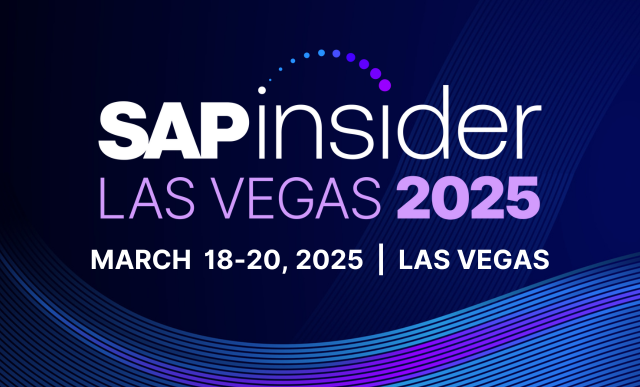SAP and Collibra Deliver Unified Data and AI Governance
Meet the Authors
Key Takeaways
⇨ A lack of business alignment, confidence in AI model trustworthiness, and regulatory concerns are major barriers preventing organizations from scaling AI experiments to production.
⇨ Unified data and AI governance, as exemplified by solutions like SAP Datasphere and Collibra, are essential for managing diverse data sources, ensuring data quality, and maintaining compliance with regulations.
⇨ Integration of data governance with AI governance enables organizations to leverage reliable data for machine learning and AI initiatives, providing a framework for visibility across data states and enhancing business decision-making.
A lack of business alignment, confidence about an AI model’s trustworthiness, and regulatory concerns prevent many organizations from scaling up their AI experiments to the production stage. Unified data and AI governance play a critical role in this area.
The need for integration
“Managing hybrid and multi-cloud environments, increasing data volumes, and the demand for trusted data are just some of the challenges faced by data stewards in large enterprises,” said Kat Cheng, Senior Director of Product Marketing for SAP Data & Analytics, SAP, during a recent SAPinsider and Collibra webinar. “This data is coming from existing applications and a proliferation of new ones.”
Emphasizing the need for effective data governance solutions that can manage both SAP and non-SAP data analytics applications, Cheng said that solutions like SAP Datasphere provide that business data foundation. It is also the basis for fabric architecture that focuses on seamless and scalable access to business data with all the semantics and the business context preserved.
Explore related questions
SAP Datasphere includes capabilities like data integration, data virtualization and multi-dimensional analytic modeling, and self-service data access. Cheng added that Datasphere could harvest detailed metadata lineages from SAP sources such as analytics, cloud, and datasphere and display it as a catalog in SAP Datasphere.
Combining data and AI governance
“The integration with Collibra allows for detailed metadata lineage harvested from SAP sources and shared with the data intelligence platform,” she said. “So, the metadata and lineage from SAP combined with the metadata from all the non-SAP sources gives the ability to manage and have visibility across your entire data and state.”
Mike Robertson, VP, Field Alliances, Collibra, noted that AI governance was an extension of data governance, especially when there is collaboration among various stakeholders in an organization. “Some of the challenges that data leaders are facing with AI now is that there is a wider variety of semi-structured and unstructured data that many people in the organization want to use for machine learning and AI,” he said. “So it is important to leverage reliable data to support an organization’s AI, machine learning and automation.”
According to Robertson, it is also important that this data is traceable to understand the type of AI initiatives it supports. He highlighted this need as the basis of Collibra and SAP Datasphere’s native integration. “The goal was to create a unified governance framework that supports both data and AI initiatives, ensuring compliance with regulations and mitigating risks,” Robertson said about the integration with SAP Datasphere.
User benefits
Vasiliki Nikolopoulou, Principle Integrations Architect, Collibra, showcased how users can search for AI models and shared use cases to support business objectives like sales forecasting through this integration. “The integration allows users to filter and find relevant AI use cases, providing a business context around AI models and their associated data. It also includes risk assessments, compliance regulations, and progress tracking for AI use cases, ensuring that all aspects of AI governance are covered,” she said.
The discussion highlights the importance of data quality in AI predictions and the tools available to monitor and improve data quality over time. Unified data and AI governance allows organizations to comprehensively view their data landscape and AI to drive success while managing risks and compliance requirements.






